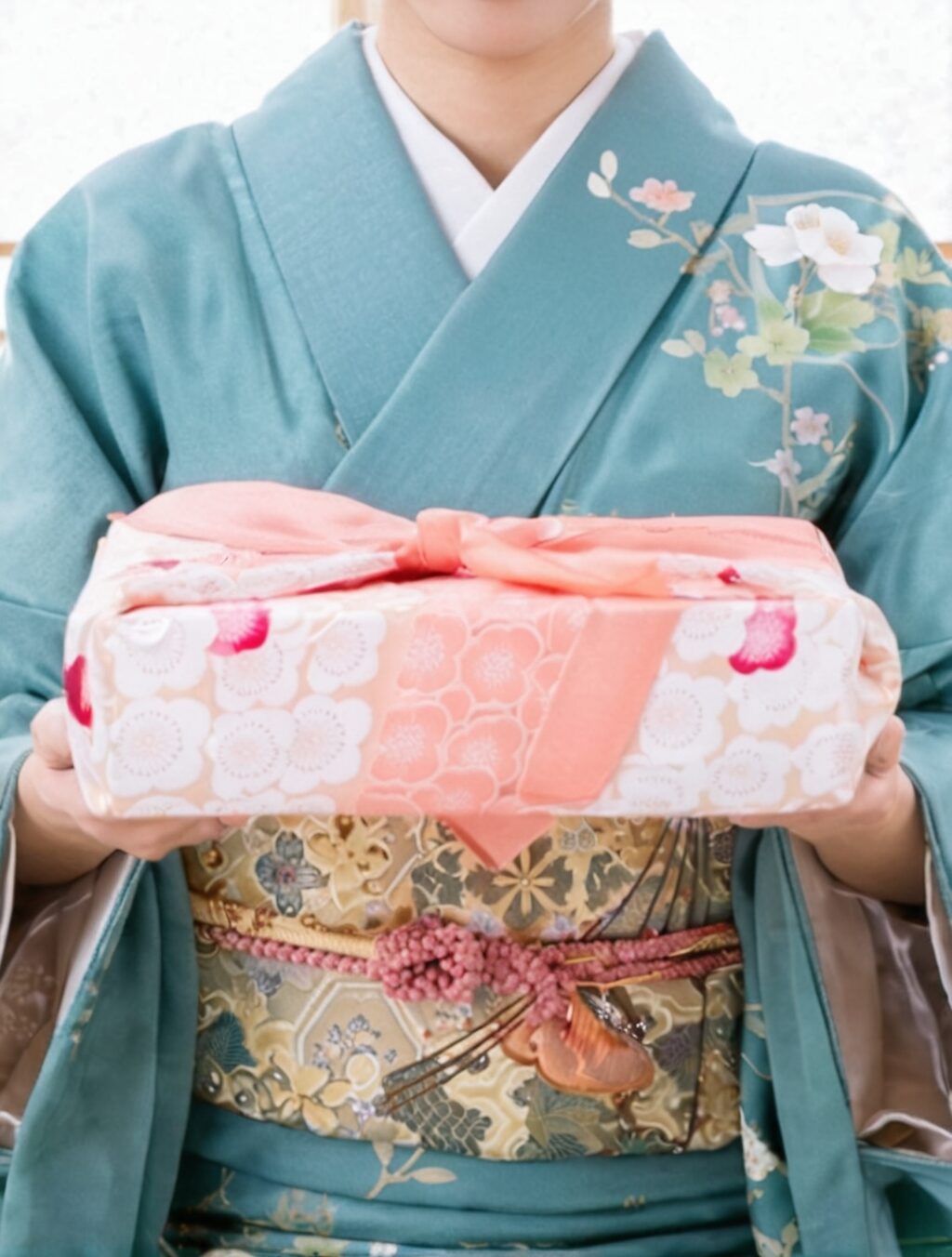The Art of Giving and Receiving Gifts in Japan
Win a Free Trip to Japan!
Experience cherry blossoms and ancient temples
Exchanging gifts in Japan is a highly ritualized practice steeped in centuries of tradition and cultural etiquette. Mastering the art of giving and receiving gifts requires an understanding of the nuances and customs that govern this social exchange.
When giving a gift, it’s paramount to choose something thoughtful and appropriate for the occasion. Japanese gifts often carry symbolic meanings, so consider the recipient’s age, status, and relationship to you. The wrapping of the gift is equally important; use high-quality paper and ribbons, and take care to present it neatly.
Upon receiving a gift, express your gratitude with a heartfelt “domo arigato” (thank you) and a slight bow. It’s customary to open the gift immediately, but do so with care and appreciation. If you’re unable to use the gift right away, politely excuse yourself and set it aside for a more appropriate time.
FAQs
- What are some common gift-giving occasions in Japan?
- Birthdays
- Weddings
- Holidays (e.g., New Year’s, Obon)
- Is it okay to give money as a gift in Japan?
- What should I do if I receive a gift I don’t like?
Yes, but only in the form of special gift envelopes called “shugi-bukuro.”
Politely express your appreciation and find a way to use or display the gift respectfully.
Conclusion
Giving and receiving gifts in Japan is a profound cultural experience that embodies respect, generosity, and the beauty of human connection. By adhering to these customs, you can ensure that your gift-giving interactions leave a lasting and positive impression.
